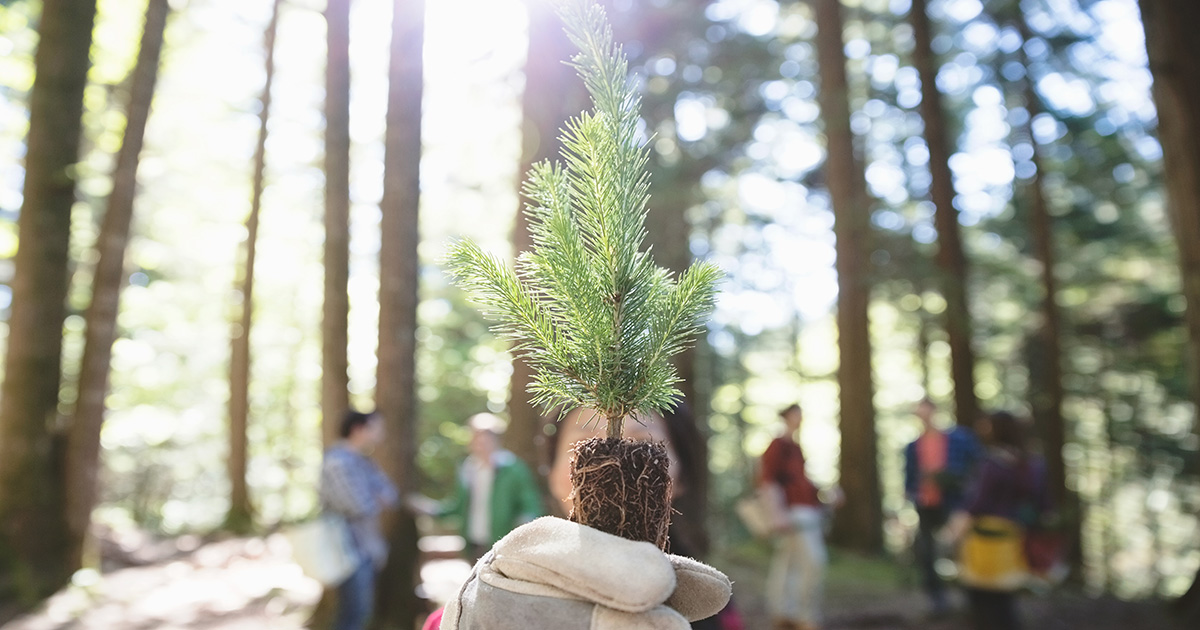CARING FOR THE COMMON HOME is an initiative that originated in Portugal: it is a network of institutions, organizations, works, and movements of the Catholic Church and other Christian churches, as well as individual men and women who have proposed to make a contribution to the attainment of the following objectives:
- To spread the news about and to deepen one’s understanding of the encyclical Laudato sí – On Care for Our Common Home … more specifically to do this in our respective institutions, organizations, works and movements.
- To become ever more aware of national and international ecological matters, highlighting their causes and consequences and evaluating these matters in light of the encyclical and thus promote a collective awareness of its relevance and urgency.
- To promote in the Christian communities and their respective places (parishes, schools, works and movements) an effective ecological conversion and to explore concrete ways to achieve an integral ecology.
- Provide tools of analysis that will allow people to reflect upon the future of the planet and the global society in which they live.
- Deepen and make more widely known the theology of creation.
- Promote the common celebration of the Day of Creation.
What if we imagine the encyclical Laudato Sí as a window that enables us to look out at the world or all of creation? The encyclical of Pope Francis presents us with what he refers to as “the common home” that we inhabit and share with all creatures. We can move back from the window and broaden our perspective and we can even imagine that there are no barriers or limits with regard to those things that our eyes can see. In this way, thanks to the technology that is available to us, each and every inhabitant in the world becomes closer to us. Globalization has given us new responsibilities , especially if we take advantage of the situations that are presented to us.
In “Laudato Sí”, the Pope presents a really worrisome panorama of what is happening to our common home. He points out the man-made causes of the ecological crisis and proposes changes that are intended to lead to what he calls “an integral ecology”. Yes, this concept encompasses the environment, but it also integrates economic, social, cultural and everyday life into our understanding of ecology. It is a challenge that no one is exempt from and that seeks ways and solutions that leave no one out. We are called to engage in an ecological conversion, focused on the common good, that leads us to choose another lifestyle, supported by an ecological spirituality, in which each person also assumes citizen co-responsibility and, if possible, social and political participation.
From this challenge arose the network “Caring for the Common House.” Thanks to the efforts of a few people who spread the message to others, hoping to gather more and more so that we can all learn to be caretakers of creation, a gift that has been entrusted to us for the good of all, including future generations. The most concrete proposal of the Network is to support (in parishes, schools, companies and other meeting places) the formation of ecological conversion centers, small groups that deepen their knowledge of Laudato Sí and then commit themselves to promoting an integral ecology.
In 2015, when the Pope raised the alarm about the poor state of the Earth and humanity, we had not yet had to confront the COVID-19 pandemic and the list of tragedies and disastrous effects it has caused. Previously, the upsurge in natural disasters, for example, or the mobilization and protests of large numbers of young people in different countries did not seem sufficient to shake us up and question the “normality” of selfish interests and indifference. The current devastating crisis that has afflicted the planet must open our eyes and teach us something. During a catechetical sesión entitled “Healinjg the World” (August 19, 2020) the Pope stated:
The pandemic has exposed the plight of the poor and the great inequality that reigns in the world. And the virus, while it does not distinguish between people, has found, in its devastating path, great inequalities and discrimination. And it has exacerbated them! […]
The pandemic is a crisis, and we do not emerge from a crisis the same as before: either we come out of it better, or we come out of it worse (Papal Audience of August 19, 2020:
This last statement, spoken with such simplicity and clarity, highlights the historical moment we are experiencing. It is time to make decisions. If our goal is reduced to a return to prepandemic normality, little will change and thus we will not become better as a resulto f all that has happened. If, on the contrary (and in accord with what Pope Francis suggests in Fratelli Tutti) we dare to dream and create a different future, in which everyone, as brothers and sisters, take care of this common house and take care of each other, then surely we will come out better and more prepared and motivated to fulfill the task to which we are call
On the occasion of the celebration of the year of Laudato Sí that we are living, the Dicastery for Integral Human Development has proposed seven objectives which can certainly serve as insights that will help us on our journey:
- Respond to the Earth’s clamor
- Respond to the cry of the poor
- Ecological economy
- Adopt a simple lifestyle
- Ecological education
- Ecological spirituality
- Commitment and participative community action.
Rita Veiga and Juan Ambrosio – Executive Commission RED CCC
Source: https://www.padresvicentinos.net/






This is exactly in line with the Archdiocese of Philadelphia’s Creation Care initiative- see our site, http://www.ecophilly.org.